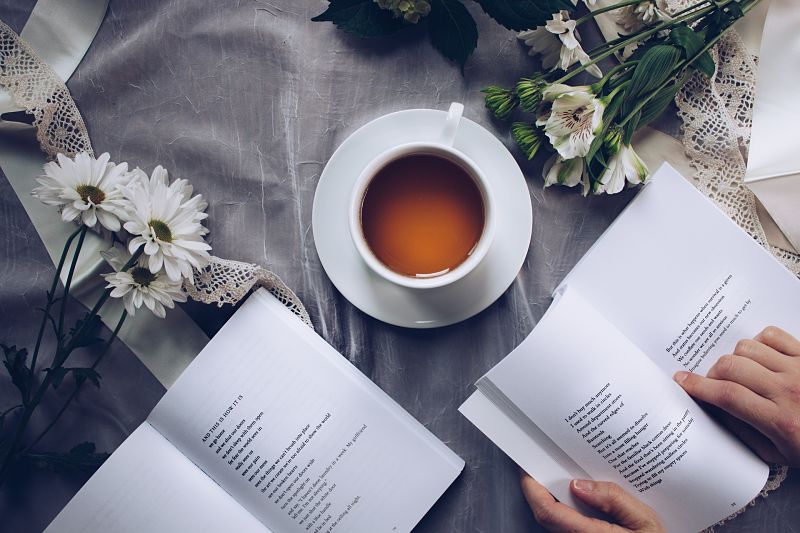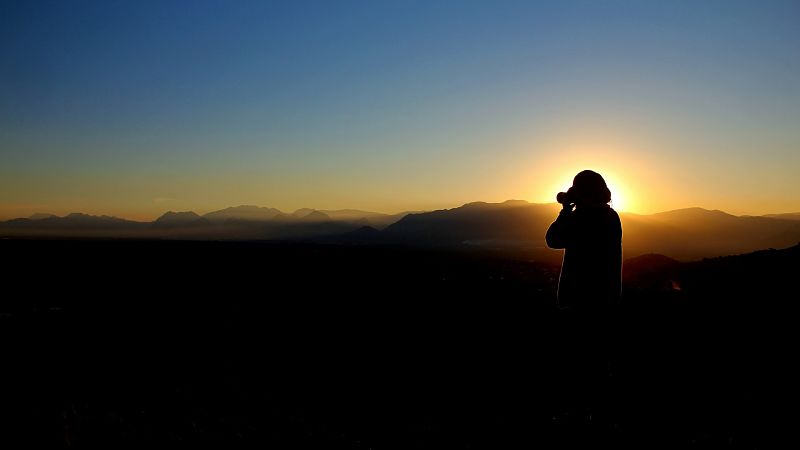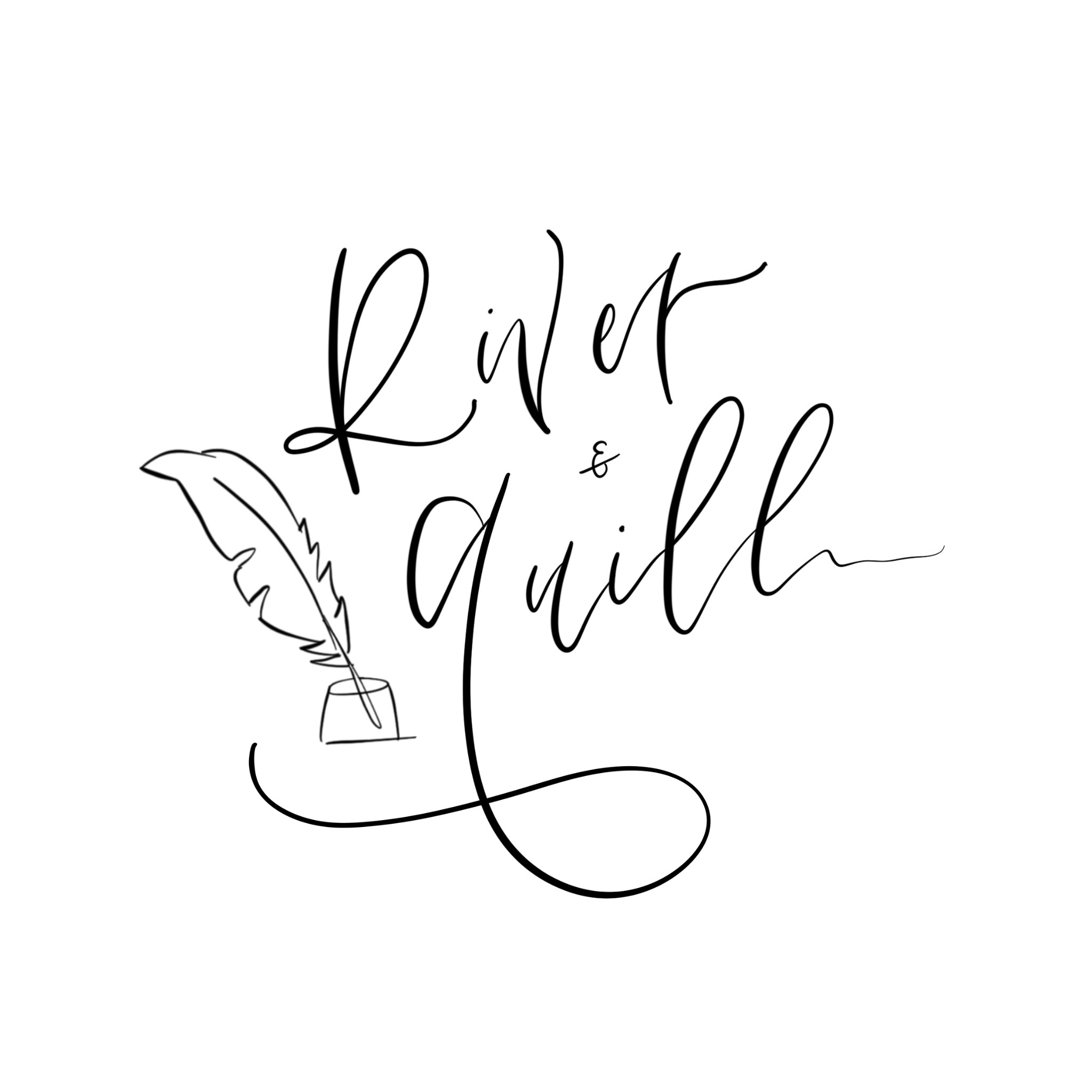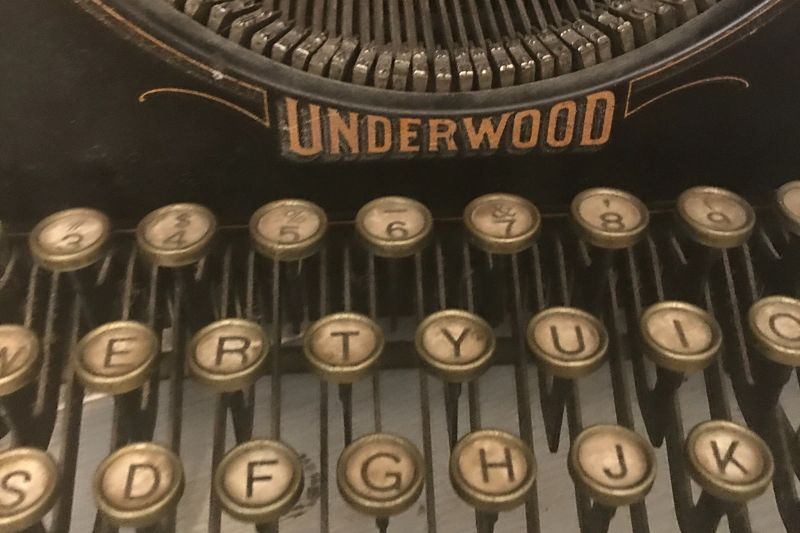Writing Heals – This is no Surprise
Did you know writing can be therapeutic? If you’re a writer, you know this. However, there is some compelling research which explains how expressive writing can help you heal.
This is a personal one for me. Sometimes my articles are so research based, it’s pretty easy to send them out into the world. Sometimes, it feels like I am publishing my diary. This is a diary article (albeit with quite a bit of research).
If you’ve kept up over here, then you know I was given an assignment from my therapist, two years ago, to write for twenty minutes a day, every day.
She also had me do weird things like tap my cheeks and forehead when I was stressed, but who knows, maybe someday I’ll also find an article which tells me this reduces stress. Until then, I’m sticking with writing.
I can’t say there was a causal relationship between writing and my eventual healing (because this would be impossible to measure), but I did notice a correlation between when I started writing about what I was experiencing and when my body started to improve.
There is absolutely no scientific evidence from my own story; just an anecdotal hunch, but reading Stuckey and Nobel (2010) solidified my growing suspicions.1
The Research
Straight from the article, because I can’t say it any better or more concise: “studies have shown that, relative to control group participants, individuals who have written about their own traumatic experiences exhibit significant improvements in various measures of physical health, reductions to visits to physicians, and better immune system functioning.”
Convinced yet? If not, let’s continue. Pennebaker (2004)
Many of the studies Pennebaker conducted required participants to write about their experience for 15-30 minutes.
Assessments were given before and after and results indicated that emotional writing increases immune function, reduces stress hormones, blood pressure, and doctor’s visits. The results were universal – meaning they held true in all populations (culture, age, gender, and race) and were repeated by other authors.

Poetry for Rediscovery
Ok, now hang on, because this next part is ridiculously beautiful.
Stuckey and Nobel (2010) dove into the research on poetry, specifically, and they found multiple researchers who described it as a way for people to refind their voice and come back to wisdom or ideas they are unable to get to with ordinary language. (Read Identity Theft for more on why this is important)
Carroll (2005) writes:
“Our voices are saturated with who we are, embodied in the rhythms, tonal variations, associations, images…Our voices are embodiments of ourselves, whether written or spoken. It is in times of extremity that we long to find words or hear another human voice letting us know we are not alone”3
I just broke out into a a spontaneous twerk, because YES!! Isn’t this what most of us who write are writing for?
We want our friends going through similar struggles to know, THEY ARE NOT ALONE! This is true in the chronic illness community, but it extends beyond it as well.
The authors who move me the most are the ones who make me feel as if they are right there with me. Stephen King says writing is basically telepathy. In a book he wrote in the 90’s, he writes himself into the chair next to you. A friend. A buddy. A voice letting you know you are not alone.4
I think we can approach writing in two ways: a private way to understand our thoughts and our experiences, which is how I used it for most of my life. This isn’t bad. Research is telling us this is really quite good, actually. Healing, even.

Writing For Others
The second way we can approach writing is as a way to reach others.
This means completely embarrassing ourselves and risking the entire world thinking we’re an idiot, but it’s also a fairly solid way we can let all the other human voices hear our own human voice telling their human that our human is with them.
I didn’t intend for this to turn into a manifesto on why I am writing this blog, but I suppose talking about writing always brings me here.
I started writing to survive,
but I continue writing to help you do the same.
Your Turn
Friend, you have a story to tell too. I love when someone will tell me they are going to set up an account to help others struggling, or they are using their story to reach out because they are inspired by what I’m doing. This is absolutely the reason I write, and those stories keep me going.
We can’t control what happens to us sometimes. I don’t believe any of you are sick or have had your life turned upside down because of any divine intervention. I think it happened, and we’ll never understand why, and it was reasonless.
However, I do think we can find some purpose in the mess. Purpose seems to take root when we find connection with others. Writing is a way we can do this.
I have one practical tip for you before I wrap up this post:
start writing.
I don’t care if it’s terrible. It usually is (you should see my first drafts). I’m not asking you to start a blog, although, if you want to, do it!
The studies I have read have convinced me of what I already knew: writing about your experience is healing. Get a journal, or sit down with your computer, and write out your chronic illness story (or your pain story, or your trauma, your divorce – whatever it may be).
If it helps, you can pretend I am sitting in the chair next to you. We are sipping tea, eating your favorite snack, and you are spilling your guts on all of it: the pain, the emotional trauma, and the loneliness.
Write until you feel a little lighter. Then do it again the next day.
As you’re writing, I want you to know, I truly am there, as are all of the rest of us who have lived life with something similar. We’re not as different from you as you may think. I hate to say it, but you’re not as special or as contrary as you think you are. Thought about how this world would be better without you? Yeah. Me too. It wouldn’t.
Considered how you wish you weren’t so young and had to live the rest of your life with this struggle? Yeah. Same.
Wondered if anyone anywhere could possibly still love you if they knew your true thoughts? Been there. Thought that. Still do sometimes.
I don’t know what it’s worth to you, but there’s no thought too grim or illness too far gone, which could possibly separate you from your connection to the rest of us, and also to a divine love I believe exists in and through one another.
Friend, write out your story. Write it all.
Then, take your red pen, and the place where you wrote “The End”: cross it out. You’re still here and you’re still needed and you’re still loved.

I was sure I would be in pain forever, but I held on, and now I rarely even know I have a bladder. There is hope.
We’ll never be without struggle, but we can also use our journeys through the dark as a way to more clearly see the light.
My favorite band of all time, Over The Rhine, has a song with the following lyrics:
“The darkest part of every night
Is just before the dawn
The sun begins to rise
When we admit that we were wrong”5
Think your life is over?
You’re wrong.
Think you’re alone?
Wrong again! (Yes, I am harnessing some Rafiki here)
I know I write about this stuff, but I’m still stumbling along like the rest of you. We’re all forging this rocky path together. For some, our struggle is chronic illness. For many, it’s something else.
Find your voice and use it to write out the hurt, but then, look up for a minute and try to see the beauty which has been so hidden in the darkness. It was always there. You just couldn’t see past your struggle.
Writing helped me express what I was too afraid to speak to anyone else, but it also helped me to start seeing things again. It helped me find the beauty in the pain and reconnect with the warrior underneath it all.
So give it a shot! You could even do it in tandem with some interpretive dance. Throw in some music and splatter paint and you’ll have yourself a regular healing cocktail.
There is a River Flowing
Art is healing, my friend.
Pick your poison, and start listening, writing, drawing, or creating.
Maybe your thing is not one of the four I have been writing about the last few weeks.
That’s ok. These are just a starting point. I think if the researchers of this study and all the authors of ALLLL the studies they reviewed, examined the mechanism behind each of these creative acts, they would find something behind the simple movement or sound or brush stroke.
I think they would find that when we allow ourselves to become active participants in things we love, particularly creative acts, we are forced into a stronger connection with others, ourselves, and the divine.
I believe there’s a mystery inside all of us; a beautiful river flowing which, when we tap into it, has the capacity to not only heal our soul, but our body as well.
I suppose spiritual rivers could be relatively hard to research, so for now, we’ll stick with what we’ve found: Writing, Dancing, Visual Art, and Music Heal, bro.
Do any of these four topics we covered appeal to you? How have you embraced them in your life? Tell me below!
References
1 Stuckey, H. L., & Nobel, J. (2010). The Connection Between Art, Healing, and Public Health: A Review of Current Literature. American Journal of Public Health, 100(2), 254-263. doi:10.2105/ajph.2008.156497
2 Pennebaker, J.W. (2004). Theories, therapies, and taxpayers: on the complexities of the expressive writing paradigm. Clinical Psychology Science Practice, 11(2), 138-142
3 Carroll, R. (2005). Finding the words to say it: the healing power of poetry. Evidence Based Complementary and Alternative Medicine, 2(2), 161-172
4 King, S. (2000). On writing: A memoir of the craft. New York: Scribner.
5 Fairpoint Diary. (2001). On Films for radio[CD]. Over the Rhine. Back Porch/Virgin.


Regardless, the fact that they at first showed improved immune functioning suggests that it reduced their stress through a release of HIV-related anxiety, says Pennebaker. “By writing, you put some structure and organization to those anxious feelings,” he explains. “It helps you to get past them.”
Fascinating, right?
Thank you, looks like I need to start journaling. (I wonder if there is any research comparing handwriting vs typing?) Better to get it out than to keep it inside. I recently found you via IG, and really appreciate what you’re doing. I’ve struggled with IBS for 15 years, some years worse, some better. Anxiety and depression have come along with it. I am doing much better these days, but still get so discouraged when I have a flare. I’ve only recently acknowledged to myself that this may not ever completely go away. It’s so good to hear from others that I am not alone. Thank you. 💕
Naomi! Thank-you for the comment! Such a good question – I would be really interested to see what the research says about it. I think the studies I looked at were hand written? But I could be wrong. I’ll need to double check. I would guess the effects would be the same, given what I have experienced personally, but who knows! Anyway – I am so glad you are here and that you found me over on the gram! Thanks for being here – you are so not alone!
I think you have noted some very interesting points, thanks for the post.
Thanks, Arthur!